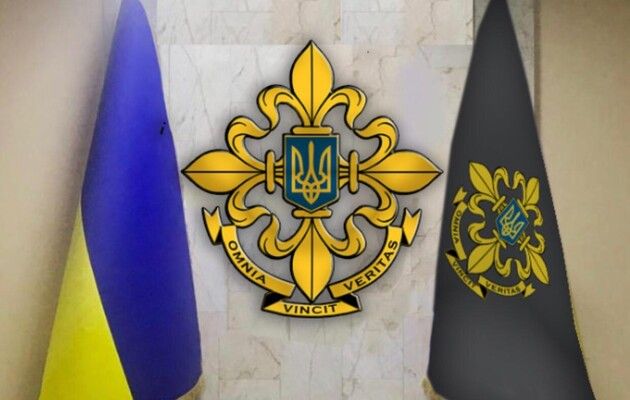President Volodymyr Zelensky of Ukraine recently appointed Oleh Ivashchenko as the new head of the country’s Foreign Intelligence Service. This decision came after the former head, Oleksandr Lytvynenko, was selected to replace Oleksiy Danilov as the National Security and Defense Council’s secretary. Ivashchenko, who previously served as the deputy head of Ukraine’s military intelligence agency, HUR, will now be responsible for overseeing the intelligence gathering activities of the Foreign Intelligence Service. The service, known as SZRU, collects information on various aspects including politics, economics, military, and science and technology, and reports directly to the president. The reason for these personnel changes has not been disclosed at this time.
Lytvynenko had been serving as the head of Ukraine’s Foreign Intelligence Service since 2021 before being reassigned as the National Security and Defense Council’s secretary. The abrupt dismissal of Danilov from his position as the council’s secretary has raised questions within the public, as no specific reason has been provided for his removal. The Foreign Intelligence Service plays a crucial role in Ukraine’s national security infrastructure by gathering intelligence on a wide range of areas that impact the country’s interests. The appointment of Ivashchenko as the new head signifies a shift in leadership within Ukraine’s intelligence community and may have implications for the country’s foreign policy and security posture.
With no official explanation given for the recent personnel changes within Ukraine’s security apparatus, speculation and uncertainty have arisen regarding the motivations behind these decisions. The lack of transparency in the process of appointing and dismissing key officials in the security sector can undermine public trust in the government’s strategic decision-making. As Ukraine continues to navigate complex geopolitical challenges and security threats, ensuring the effectiveness and integrity of its intelligence agencies is essential for safeguarding the country’s interests and sovereignty. It remains to be seen how Ivashchenko will lead the Foreign Intelligence Service and what changes he may implement in response to the evolving security environment.
The appointment of Ivashchenko as the new head of Ukraine’s Foreign Intelligence Service comes at a critical juncture for the country, with ongoing tensions with Russia and other regional security concerns. The role of intelligence agencies in providing timely and accurate information to policymakers and military leaders is paramount in addressing these challenges effectively. Ivashchenko’s background in military intelligence and experience within Ukraine’s security apparatus may bring a new perspective to the leadership of the Foreign Intelligence Service. As he settles into his new position, he will face the task of maintaining the agency’s operational capabilities while adapting to emerging threats and geopolitical developments.
In a time of heightened security risks and uncertainty, the appointment of new leadership within Ukraine’s intelligence community underscores the government’s commitment to enhancing its national security capabilities. The Foreign Intelligence Service’s role in monitoring and analyzing threats to Ukraine’s interests, both domestically and internationally, is crucial for informed decision-making and proactive responses to emerging challenges. Ivashchenko’s appointment reflects a strategic shift in the country’s approach to intelligence gathering and analysis, signaling potential changes in how Ukraine addresses security threats in the future. As Ukraine continues to defend its sovereignty and territorial integrity, the effectiveness and reliability of its intelligence services will be instrumental in safeguarding the country’s stability and resilience in the face of evolving security dynamics.


